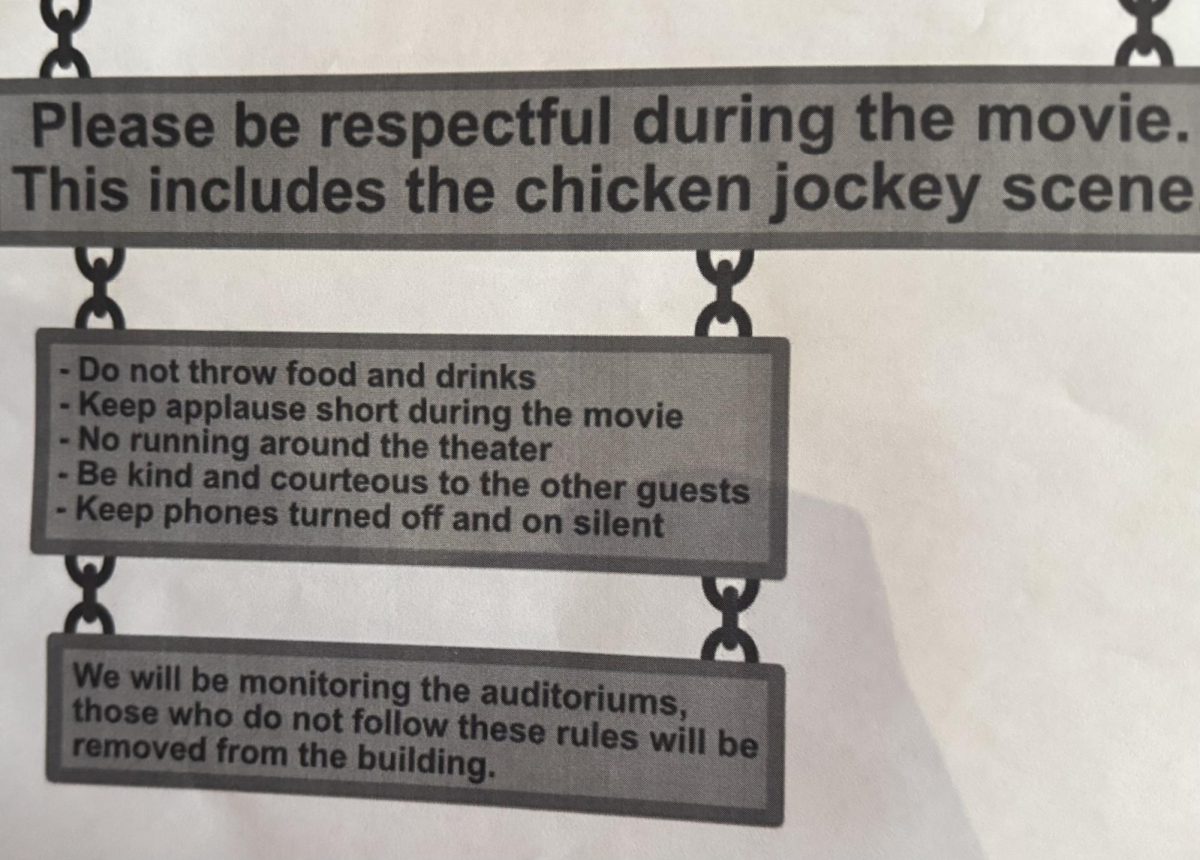Two weeks ago, armed German guards lined the synagogue perimeters in a preemptive effort to ward off attacks during Yom Kippur celebrations. In May, a gunman shot and killed four people at the Jewish Museum of Belgium. To the west in France, cries of “Death to the Jews” pierced the July calm of a Paris suburb, Sarcelles, when a peaceful pro-Palestinian march went awry. Looting and police confrontations followed. This is not even to mention Southern or Eastern Europe, where such expressions of hatred are often more commonplace. In short, anti-Semitism is very much alive in Europe.
Here is the part where I’m supposed to attribute growing anti-Jewish sentiment to the Israel-Palestine conflict. I’m supposed to confess to an uncomfortable truth: that the main perpetrators of these crimes are young, disenchanted Muslims. Other liberal news sources have done that.
But the reality is more complex. The new anti-Semitism is the product of a confluence of related factors: economic insecurity, long simmering xenophobia, the rise of populist parties (propelled by the first two), as well as displaced anger over Israel-Palestine all account for the new surge.
The recent Gaza conflict has indeed been a source of rage for many European Muslims. Yet only rarely have demonstrations against Israel spilled over into violence against Jews. And even if all European Muslims were anti-Semitic (which they are not), the numbers still would not add up. A recent Pew Research Center study found that 25 percent of Germans express unfavorable views toward Jews, while only 6 percent of the population is Muslim. A study by the Anti-Defamation League found similar numbers in France, where Muslims make up less than 10 percent of all citizens. In fact, nowhere in Western Europe does a country’s Islamic population exceed 10 percent. Clearly something different, something more European, is behind the new anti-Semitism.
At least part of it is goes back to the Great Recession of 2007. The Recession produced levels of economic devastation in Europe on par with the Great Depression and even now shows few signs of flagging. It swept conservative, populist leaders like Marine Le Pen in France and Geert Wilders in the Netherlands into mainstream consciousness. Before the Recession, only a small audience paid attention to Le Pen’s nationalist drivel. Hard times have changed that. Le Pen and other populists have dumbed down their most vitriolic rhetoric to accommodate a wider audience while still preserving the essential bigotry. In earlier times, they would attack the idea of a liberal society for being contrary to French, Dutch or German purity. But that’s an unsavory argument for most Western Europeans, who tend to view themselves as open-minded and tolerant. Now the populists have reversed course. They claim Islam has no place in a diverse, modern society; the religion is just too dogmatic, too intolerant. This conservative co-opting of progressive thinking is sometimes called liberal Islamaphobia.
Their treatment of Jews, on the other hand, has been much different. Like the American right-wing, its European counterpart has fought off accusations of prejudice by indicating its support of Israel. The memory of Jewish victimization in World War II at one time even lent some moral purchase to their defense. Of course, this support has never been genuine. Populists have always been grudging and superficial allies to the Jews. It only took the Gaza conflict this summer to reveal that. Seizing on Israel’s actions there, they now blame European Jews for being hypocrites, no better than any other minority group. Jews are pitted against Muslims, and vice-versa. The ill feelings continue to grow.
Ultimately, only these two religious groups themselves can realize and overcome an animosity that has no place in the 21st century. Anti-Semitism often resurfaces in times of fear and economic strife. Recognizing that it does can help combat it.







Joanne Jackson • Sep 11, 2019 at 9:34 pm
I know this if off topic but I’m looking into starting my own weblog and was wondering what all is needed to get set up? I’m assuming having a blog like yours would cost a pretty penny? I’m not very web smart so I’m not 100 positive. Any suggestions or advice would be greatly appreciated. Thank you
Heather Ross • Sep 10, 2019 at 3:18 pm
It’s my opinion that a property foreclosure can have a major effect on the applicant’s life. Foreclosures can have a 7 to decade negative relation to a client’s credit report. A new borrower that has applied for a home loan or any kind of loans for instance, knows that the worse credit rating is, the more tricky it is to get a decent personal loan. In addition, it might affect the borrower’s capability to find a good place to lease or hire, if that results in being the alternative houses solution. Great blog post.
Thomas Hughes • Sep 5, 2019 at 6:16 pm
I’m really enjoying the theme/design of your web site. Do you ever run into any internet browser compatibility problems? A handful of my blog audience have complained about my website not working correctly in Explorer but looks great in Opera. Do you have any advice to help fix this issue?